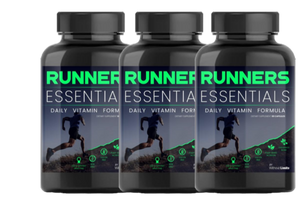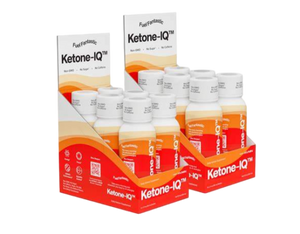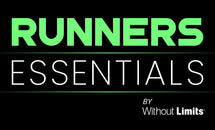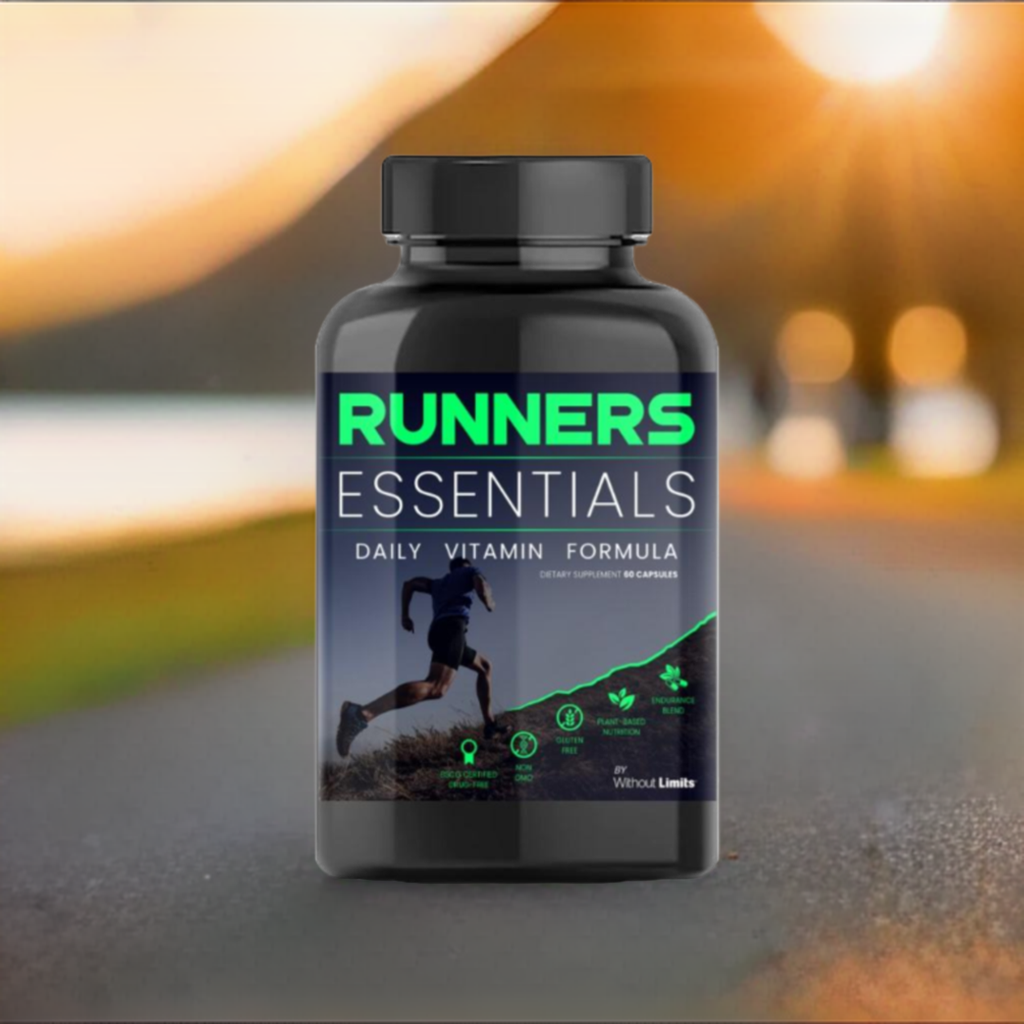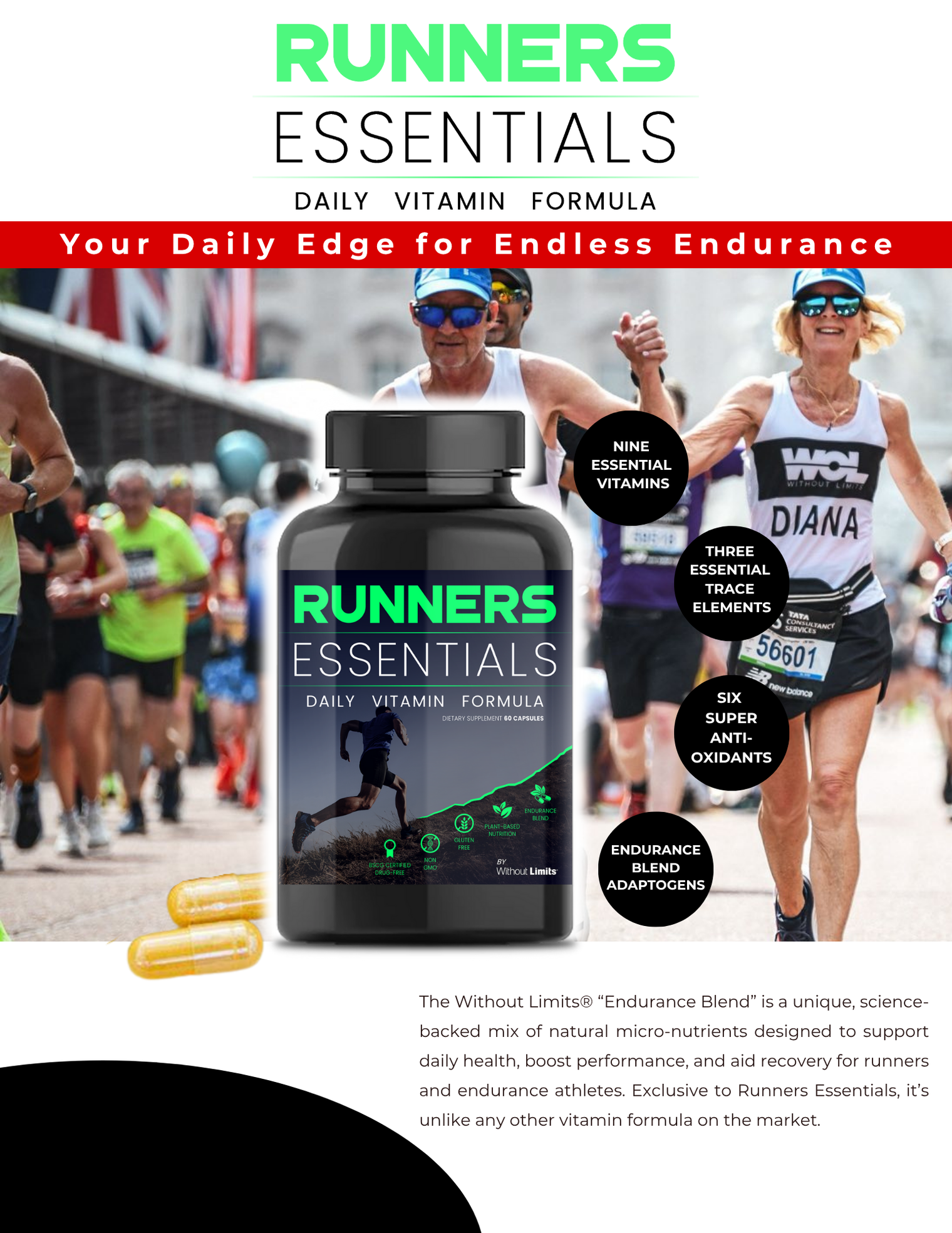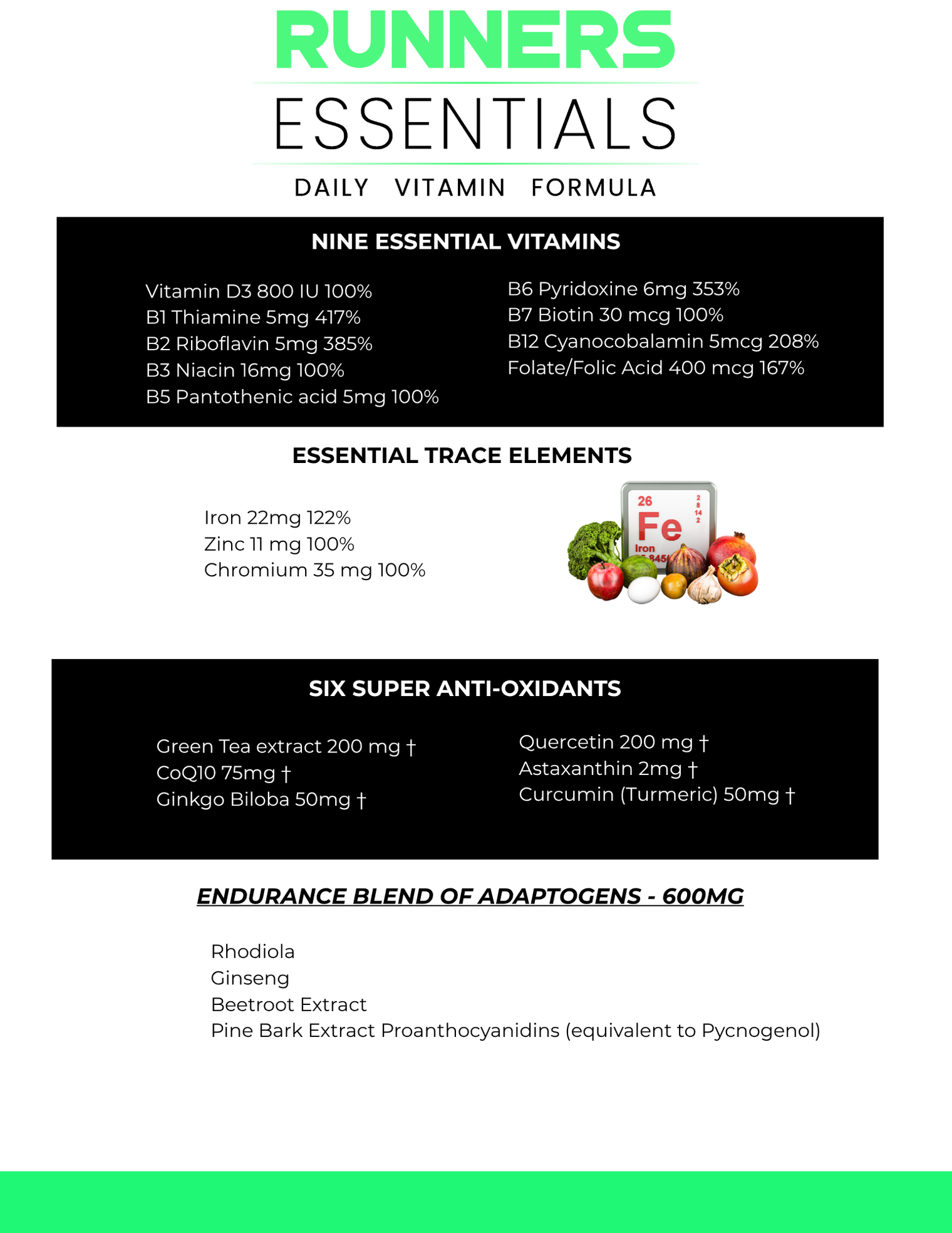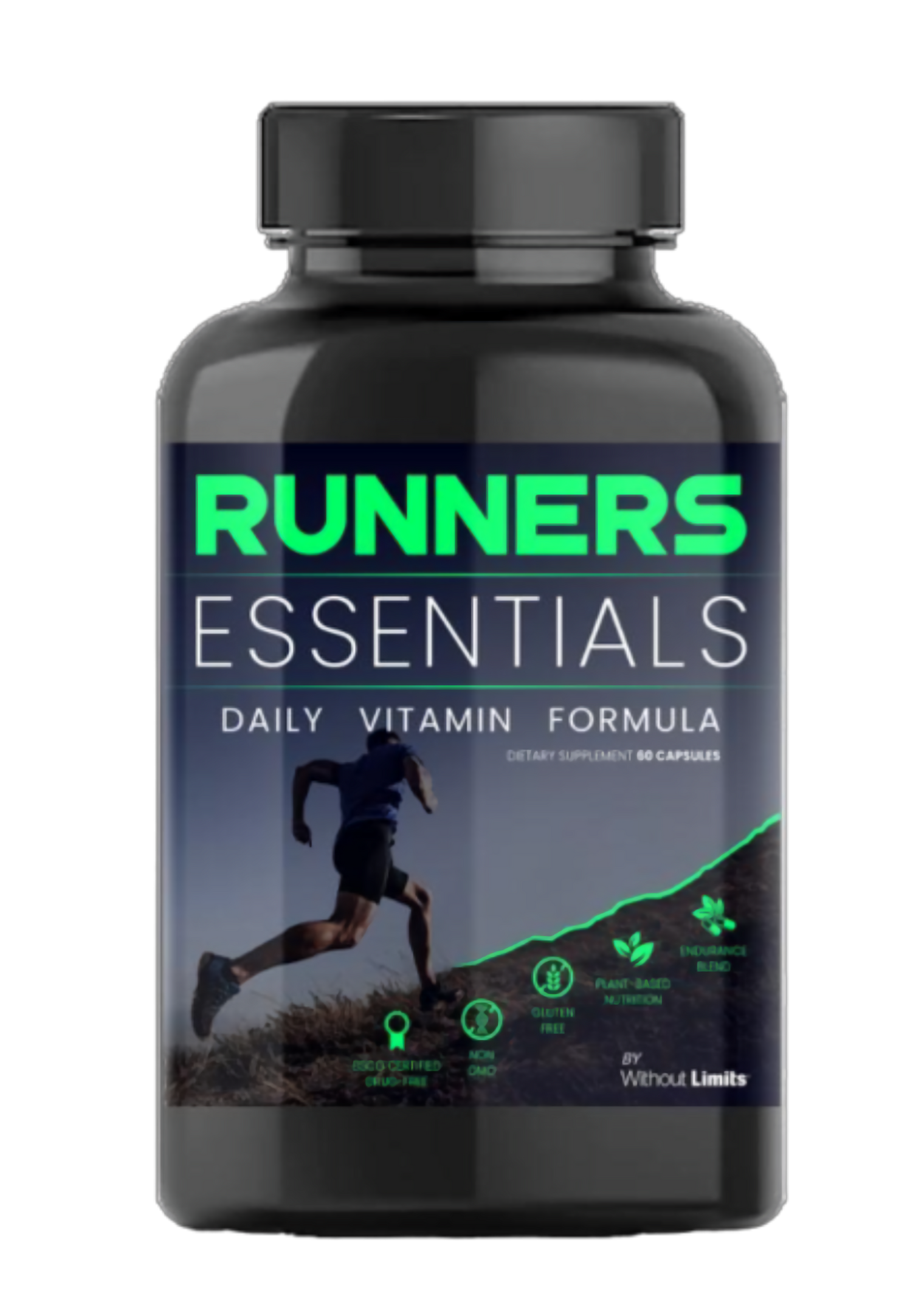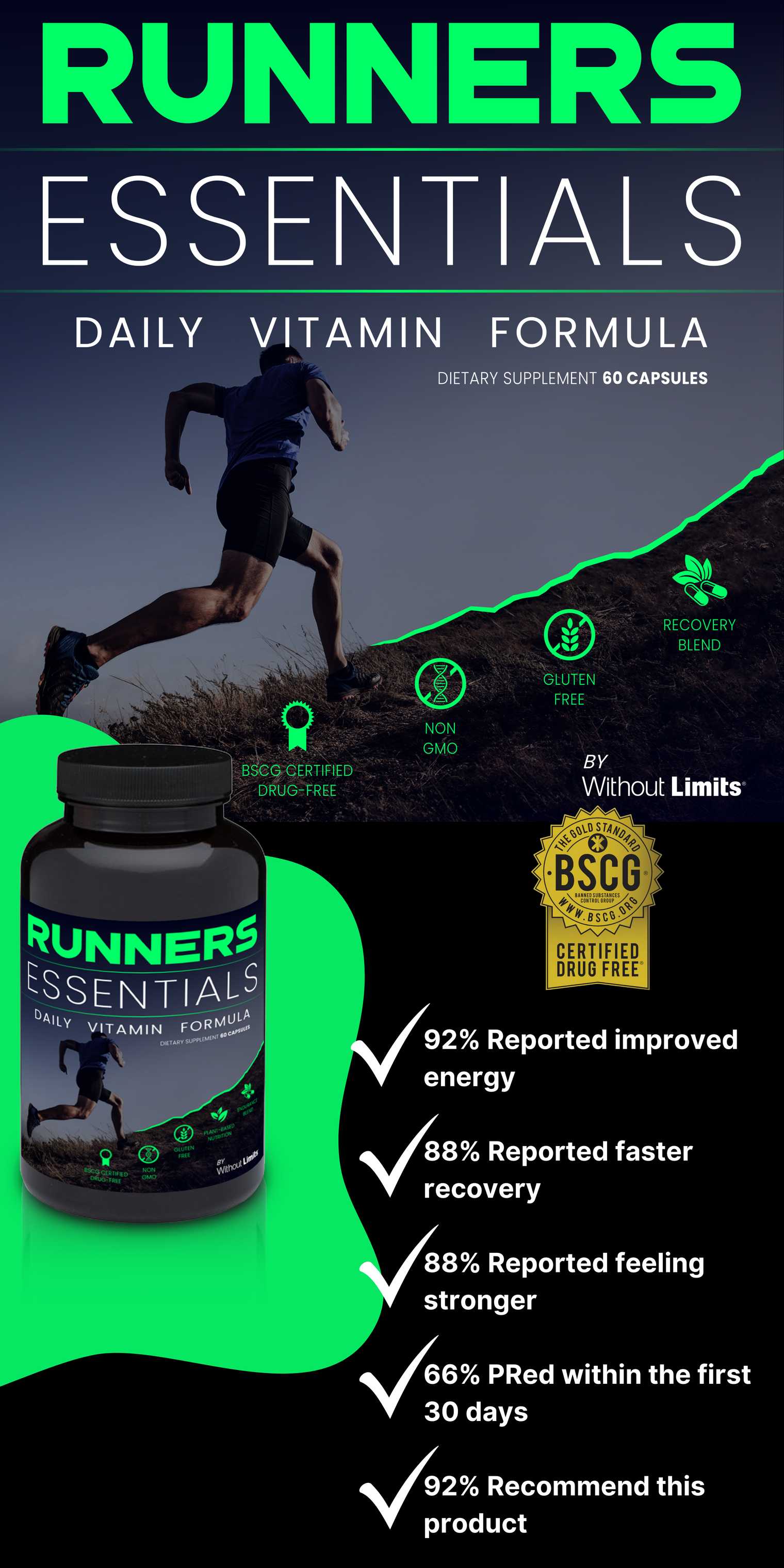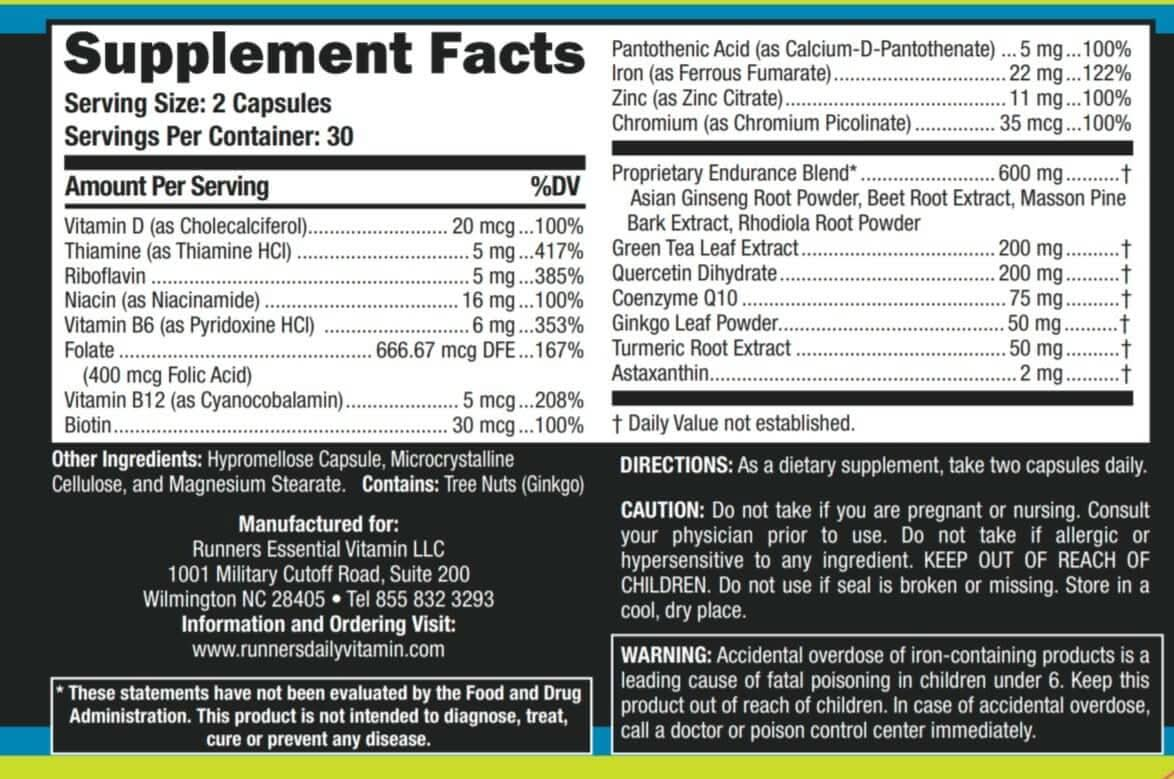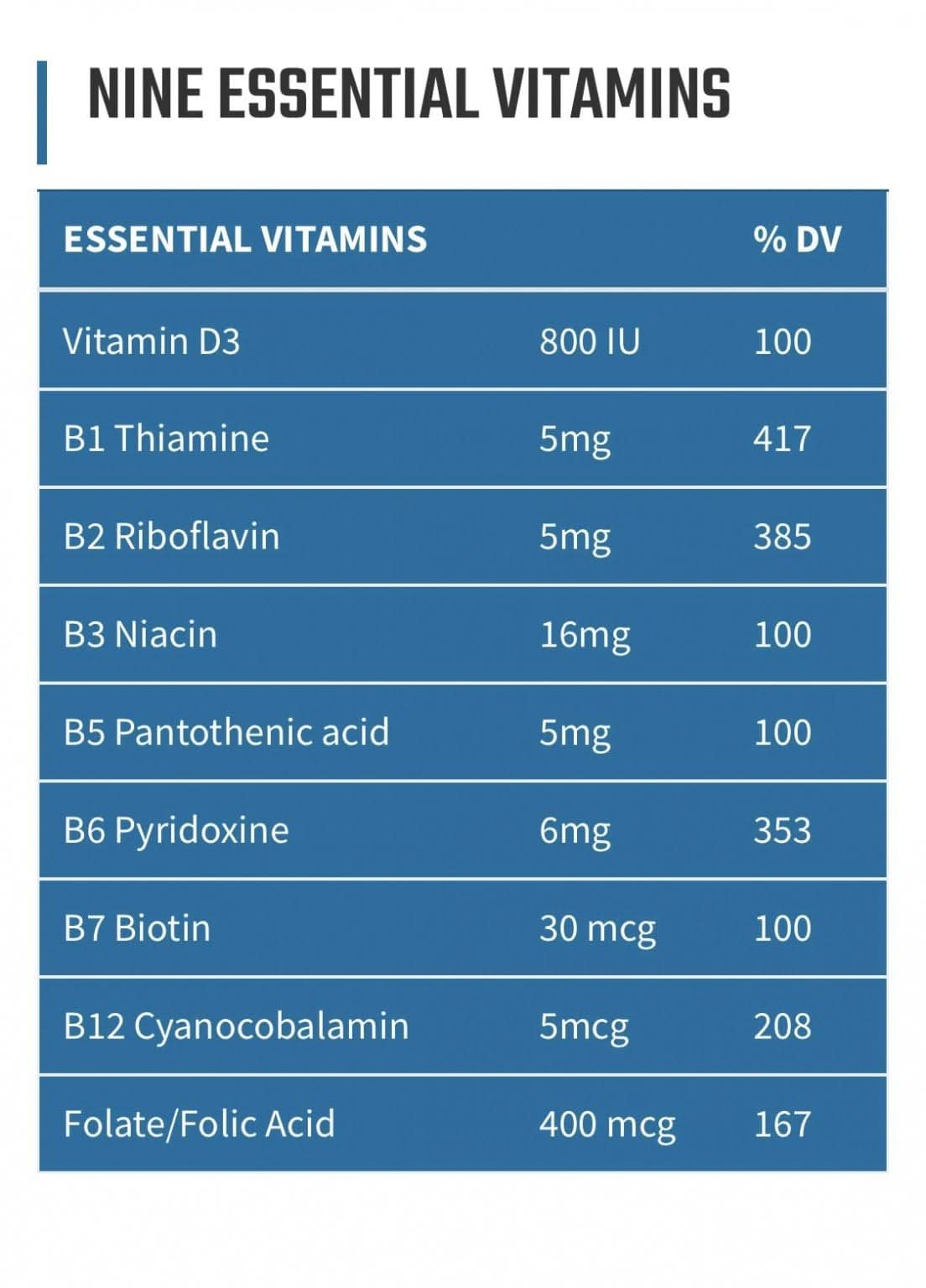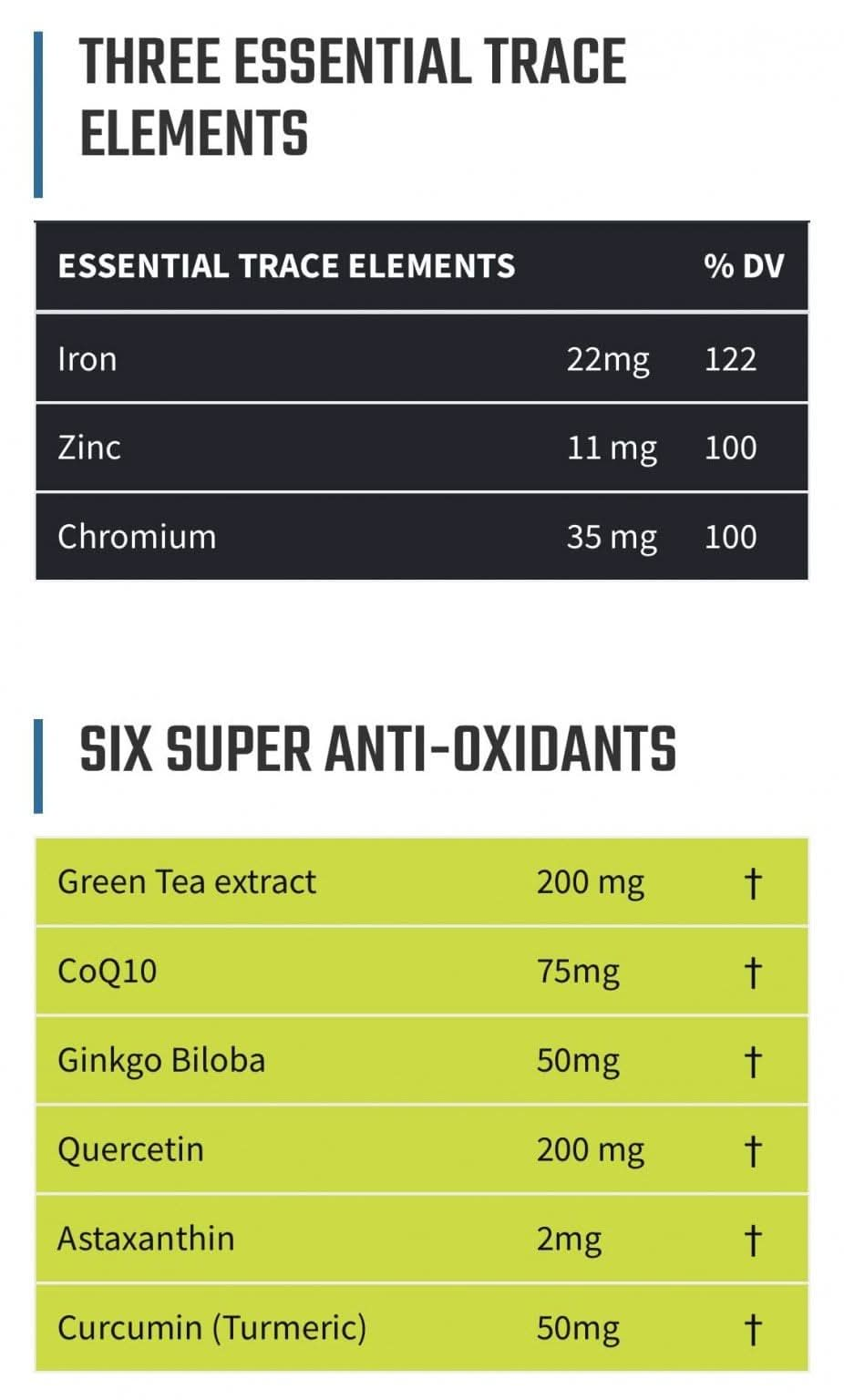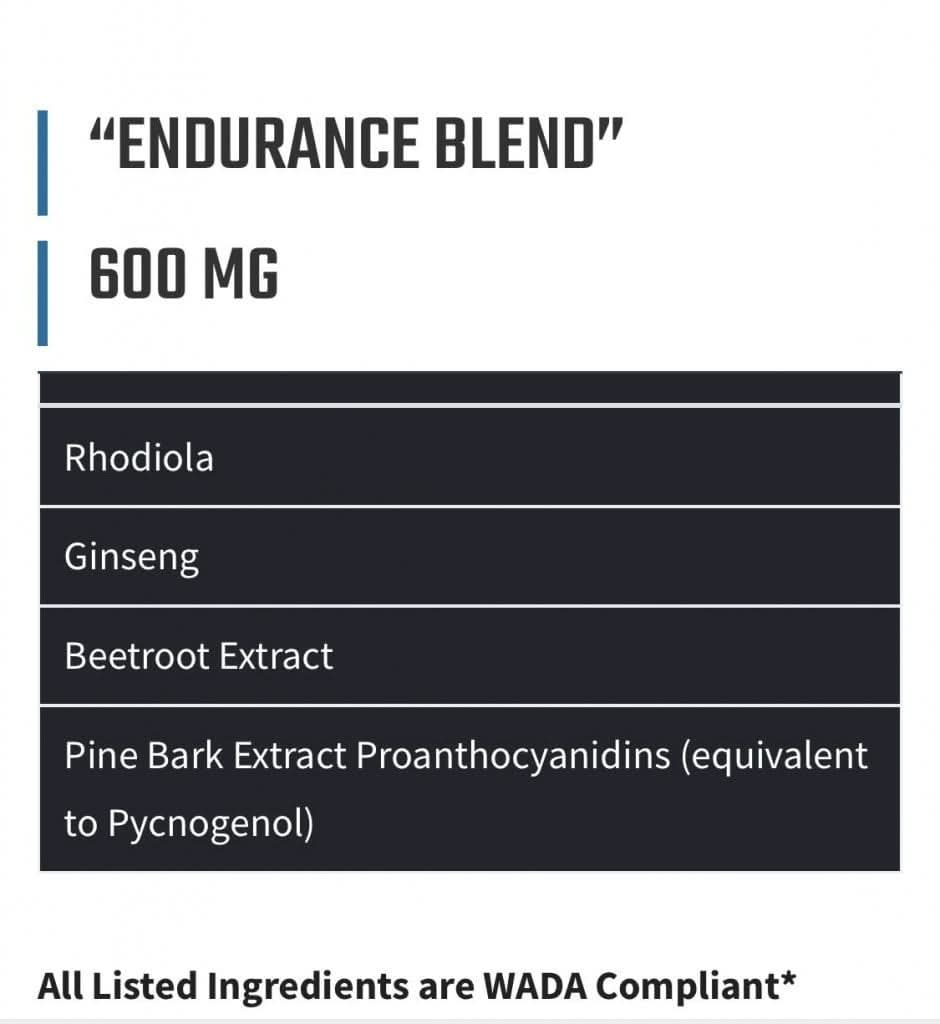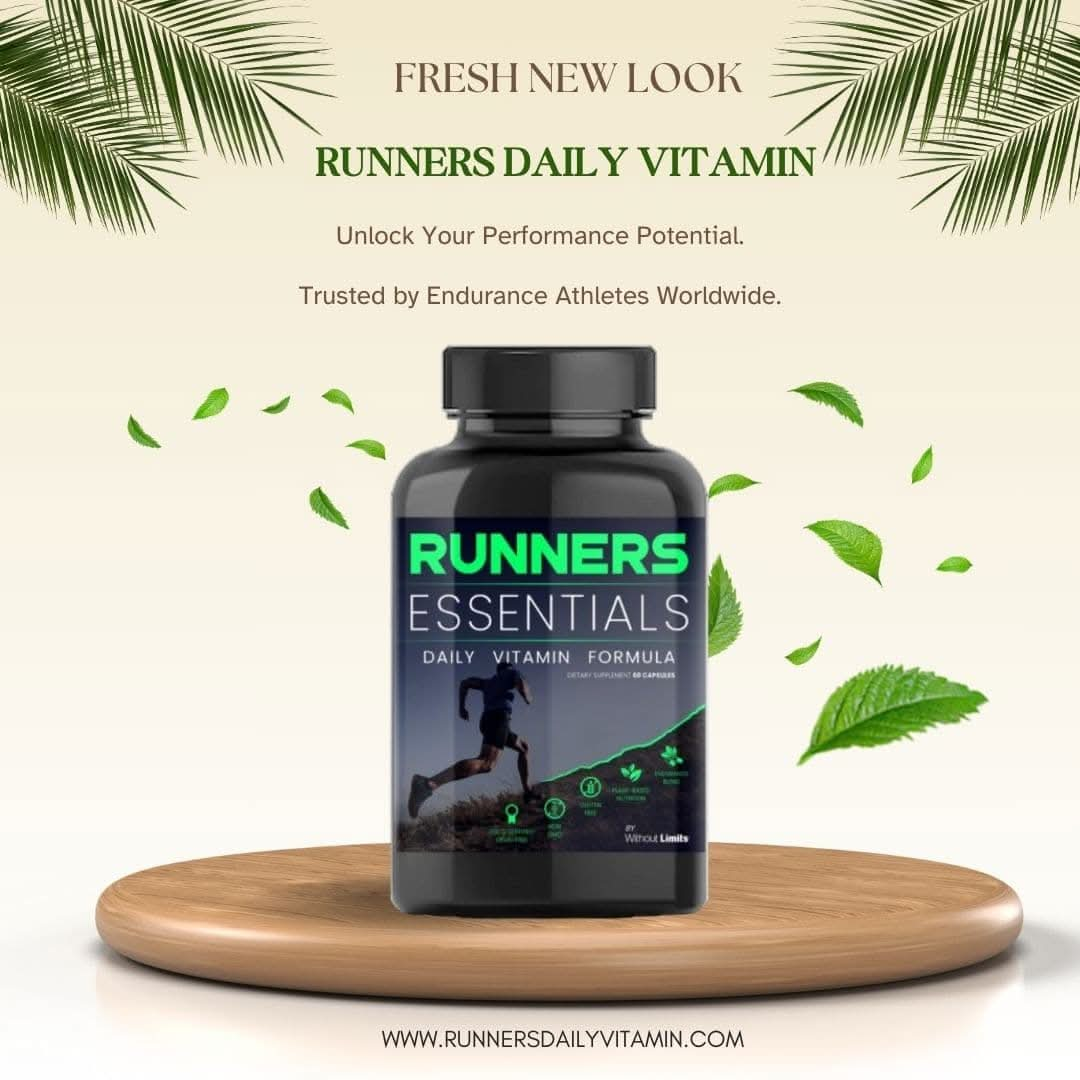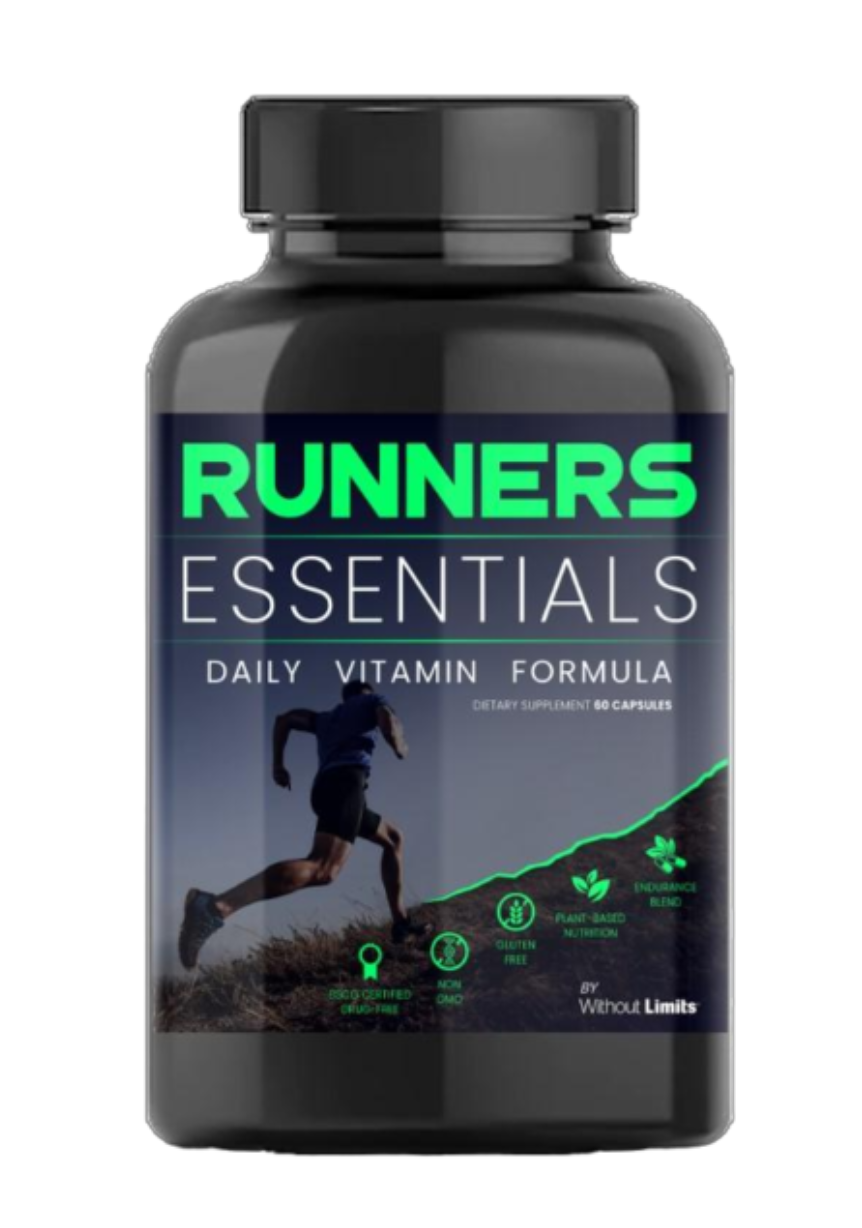Diana L. Davis, RD •
Minerals really do matter and I want to tell you why. Let’s start with a basic understanding of what minerals are and what they do. Minerals are the elements found in food and on the earth that are needed for our bodies to develop and perform optimally. There are many different minerals that are known to be essential for health. These include the larger “macrominerals” sodium, potassium, magnesium, calcium, phosphorus, chloride, and sulfur. The trace minerals which are less plentiful but equally important are iron, zinc, copper, iodine, manganese, selenium, chromium, and molybdenum.
Stress increases mineral utilization and loss; endurance and competitive athletes lose minerals at a heightened level in training as do people under extreme stress.
Mineral depletion can present as fatigue, muscle cramps and twitches, headache, heat intolerance, fluid retention, digestive problems, constipation, less resilience to stress, poor sleep related to frequent waking to urinate, and excessive thirst or drinking a large volume of plain water.
Minerals are enzyme cofactors which are involved in many vital processes in the body such as digestion, immunity, bone health, nerve transmission and muscle contraction. There are several reasons an athlete may have inadequate levels of minerals. In addition to the role of stress and training depleting minerals, use of low-quality supplements such as gummy vitamins that contain little or no minerals, and poor-quality water or hydration products can fail to meet the athlete’s increased needs.
If you suspect you are mineral depleted based on symptoms, make these small changes. Use only high-quality sea salt that contains the full spectrum of minerals in addition to sodium chloride and add electrolyte powder to your drinking water. Eat more potassium rich carbohydrate foods: vegetables and fruits (including root vegetables), add bone broth/vegetable broth, eat more leafy greens and beans, and if you're an omnivore, include grass-fed liver, beef, pork, dark meat poultry, as well as oysters, crab and lobsters.
Runners Essentials Daily Vitamins by Without Limits contain 3 key minerals to supplement the athlete’s usual diet. Iron as Ferrous Fumarate is added at 22 mg – a dose intended to support oxygen transportation throughout the body in hemoglobin and myoglobin – giving all your cells and muscles the oxygen they need to perform. Inadequate intake of iron from food that results in anemia is detrimental to overall exercise performance, because of the limited capacity of blood to carry and deliver oxygen. This can result in fatigue, exhaustion, shortness of breath, rapid heart rate, low power, frequent injury, and recurring illness. Iron supplementation has been shown to improve oxygen carrying capacity and performance in athletes with low Ferritin, even in the absence of anemia. Not sure of your iron status? Ask your healthcare provider to check your blood for CBC, iron panel and Ferritin.
Zinc supplementation such as the 11 mg of Zinc Citrate found in Runners Essentials Daily Vitamin is helpful in improving VO2 max in athletes, in cellular health and metabolism, in thyroid function by helping in the conversion to the active form of thyroid hormone T3, as well as in promoting immunity and fighting inflammation. Zinc is necessary for hormone production and low zinc is associated with low levels of testosterone – which is essential for building lean muscle mass. Athletes who have low levels of Zinc are at greater risk of low bone density and therefore, higher risk of bone fractures.
Chromium Picolinate 35 mcg is the third mineral ingredient in Runners Essentials Daily vitamins. It is useful to athletes because chromium works with insulin to help your body use blood sugar and may also be involved in the metabolism of carbohydrates, fats, and proteins. Because of the role of chromium in optimizing insulin, an adequate chromium intake is important. A properly functioning insulin system helps ensures that muscle glycogen can be replenished efficiently following workouts. The best food sources of Chromium are brewer`s yeast, whole grains, eggs, and meats. Many athletes consume less than the AI (advisable intake) of Chromium and it has been suggested that athletes have increased needs and increased urinary losses of Chromium.
Key Points:
- Eat a varied and balanced diet that contains whole foods that are minimally processed, and includes many servings of vegetables, fruits and whole grains as important sources of carbohydrates and minerals.
- Use high quality sea salt to season your food and for cooking.
- Add electrolytes to the water you consume before, during, after exercise.
- Consider taking an athlete-focused Runners Essential Daily Vitamin.
Visualizar todos os artigos
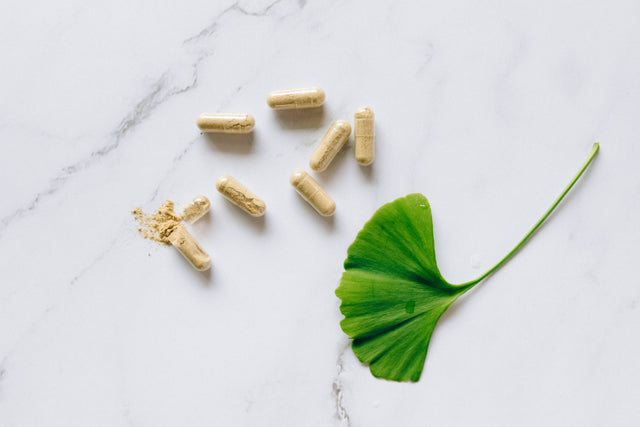
How do you stay consistent with taking Runners Essentials Vitamins?

Vitamin D and Athletic Performance
Set It and Forget It! Up to 35% OFF Single Bottle Price with a Subscription + Free Shipping.
A fusion of science, athletics, and nutrition that maintains an unwavering commitment to quality, content, and purpose. Our daily proprietary formula blends essential vitamins, potent antioxidants, and energy-boosting adaptogens.
Physician, Elite Athlete and Nutritionist formulated and grounded in real science.
- Manufactured in the USA in a GMP and NSF Certified Facility
- Non-GMO, Gluten Free, BSCG Certified Drug Free
- 22 All-Natural Ingredients with 12 Essential Vitamins and Minerals
- 6 Super Antioxidants and 4 Phytonutrients
- Physician, Elite Athlete and Nutritionist Formulated
